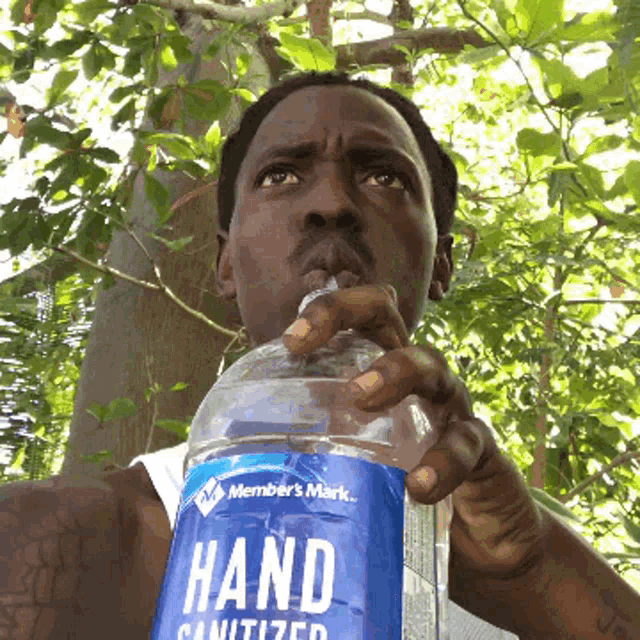Why So Mean?
Lacking the "love" hormone?
Why are people so mean? Recently, I began exploring the origins of this behavior—not only in others but within myself. After learning about the probiotic Lactobacillus reuteri, thanks to insights from Dr. Davis, I discovered something striking: antibiotics can specifically wipe out L. reuteri. This matters because L. reuteri is believed to promote the production of oxytocin, often called the “love hormone.” This led me to wonder whether widespread industrialization and chemical exposure—dating back to early mining and industrial development—might have negatively impacted our microbiomes.
The earliest known mines date back 40,000 to 43,000 years ago. Could this have been the moment when our microbiomes began to suffer, possibly leading us to feel less connected and loving toward one another? Agriculture, which emerged about 11,000 to 12,000 years ago, likely further disrupted gut health as diets shifted away from natural foraging. While I’m not suggesting these changes were entirely negative, I do wonder if, given what we now know, we can develop ways to balance mining and agriculture with preserving microbiome health—fostering a microbiome that supports kindness and connection.
If exposure to chemicals and antibiotics disrupts key bacteria such as L. reuteri, it might diminish our capacity for self-love and care, which inevitably affects how we treat others—often without kindness, empathy, or respect.

Imagine a time when people treated each other well, but due to the destruction of our microbiomes, we lost sight of life’s deeper meaning. Are we merely here to exploit and harm one another? I don’t know—perhaps we have no inherent purpose. But what if we lost our purpose because critical parts of our biology were poisoned? Our microbiome could be at the heart of it all.
These are just early reflections. As I continue incorporating fermented dairy products containing Lactobacillus reuteri into my diet, I recognize there’s a long journey ahead to heal my microbiome. I’m just beginning and plan to explore other probiotics soon. Dr. Davis also emphasizes specific L. reuteri strains that help the body produce natural antibiotics called bacteriocins, which are especially effective at removing bacterial overgrowths linked to many common health problems.





It would be interesting to know if the jabs killed that particular bacteria, since 5.5 billion people took it. People in general seem to be much more unhinged ever since. If so, then the question is whether it was purposeful.
This is interesting, because many things effect us, things that are not easily quantified.
Definitely something to track.